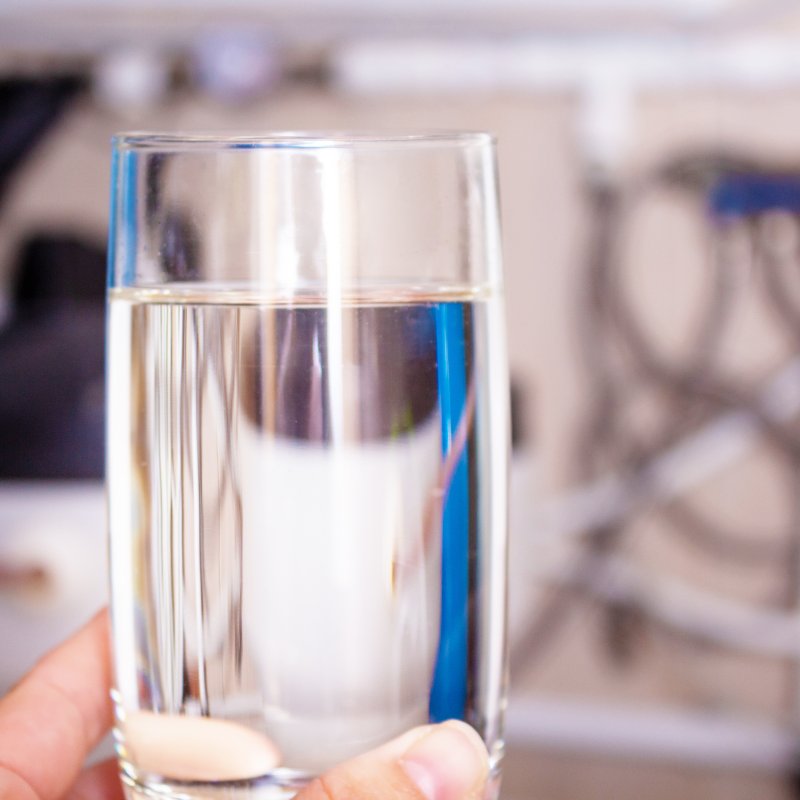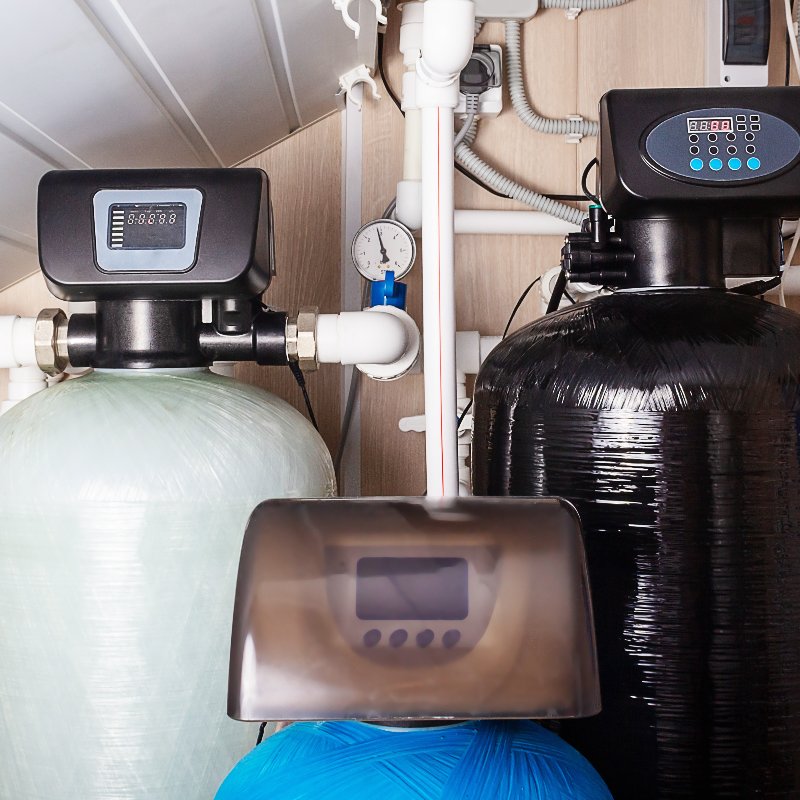
Why We Need Water Softeners
Why do we need water softeners? First, let’s discuss the terms “hard water” and “soft water”, but what do those terms mean exactly? Water is wet, so how can it be either hard or soft? There are many different minerals in water naturally. Among those minerals are calcium and magnesium. It is the amount of the different minerals in the water that give us “hard” or “soft” water, with fewer minerals making it “soft: water. Thus, the more minerals, the harder the water. This is more minerals and other contaminants in the water, which can damage water-based appliances and fixtures. Hard water is also harder on our bodies and can cause health issues for some. To extend the appliances and plumbing in your home, to have healthier water for consumption, water softeners are needed.
What does a water softener do?
The water softeners for homes are often referred to as ion exchange units. These devices remove the minerals that make can make water hard, like calcium and magnesium. What are the benefits of water softeners?
SOFTER SKIN, SILKIER HAIR
Water softeners will give you softer skin, and silkier by removing the unneeded chlorine and other minerals that are making your water hard. This will minimize the amount of body and hand lotion you need.
USE LESS SOAP
You’ll need half as much soap with water softeners installed, which is a money saver in the long run.
LESS BUILDUP
Water softeners reduce scale and scum buildup, reducing the scrubbing time for cleaning your bathtub, shower, and sinks. You’ll use less water, another money-saving feature.
FEWER STAINS
Water softeners will eliminate annoying spots on dishes, fixtures, and shower doors by removing the minerals that create the hardness in water.
LAUNDRY PROTECTION
Hard water creates soap curd which finds its way into the fibers of our clothing. This leads to fading and stiffness, and when chlorine levels are high, they fade even more. Your clothes last longer and look better longer by installing water softeners in your home.
PROTECT APPLIANCES AND PLUMBING
When you have hard water, the minerals from that build up inside your appliances and plumbing, damaging them and making them less efficient. The chlorine causes the rubber parts to dry out and become brittle, requiring to be replaced or more repairs.
BETTER-TASTING WATER
Water softeners and filters make hard water taste better and that makes us drink more, making it a healthier choice overall.
What does it mean to soften water?
The process of water softeners is to remove metals, calcium, magnesium, and other unnecessary contaminants from the water. The things that make water hard are removed and the water becomes soft, easier to digest, and easier on clothing, dishes, plumbing, and more.
How do you soften water?
There are different water softeners you can use that will stop the clogged drains and spotty glasses, and quit drying your hair and skin, or wearing your clothes out faster. Some of the methods are:
Kitchen Water Softeners
Install a small ion exchange filter on the kitchen faucet or purchase a pitcher that you can keep in the refrigerator for drinking water. Also, remember that boiling hard water will remove some types of hardness temporarily.
Laundry Water Softeners
There are non-precipitating water conditioners that you can purchase and add to each load of laundry. They trap some of the minerals that make water hard and won’t leave scale and scum on your clothing or in the washing machine. Hard water spots and stains can often be removed with distilled white vinegar mixed with an equal amount of water and gently scrubbed.
Whole Household Water Softeners
The first thing that should be done is to test the water. You can purchase self-test kits and test strips or take a sample of your water to a testing center. This will tell you what type of chemicals and minerals are in your water, then you know what type of water softeners you need. Among the types of water softeners to choose from are ion exchange water softeners, which are the most effective and comes in two types themselves. The most common is sodium chloride water softeners, which add a small amount of sodium to your water. This is not recommended for anyone with kidney issues or potassium issues. The other type of system is RO (reverse osmosis), which removes all the unnecessary minerals without adding salt or potassium.
Is soft water a danger?
And can you drink softened water? Soft water is safe for most people to consume. There is a higher amount of sodium in soft water, and anyone on a low or no-sodium diet should use one of the water softeners that are potassium-based.
Is soft water better for your skin?
Yes, because it doesn’t dry skin or hair out, leaving the natural oils that are needed. This leads to clear skin, fewer breakouts, and silkier hair.
Are there any downsides to water softening?
A major downside is the added sodium for any person on a low or no-sodium diet. Calcium and magnesium are also removed, which can affect some people’s diets.

At The End Of The Pipes
Is soft water a problem for plumbers? When it comes to plumbing, water is water, and whether it is hard or soft, they can both create problems. For homes that have lead pipes, soft water is more likely to draw out unhealthy contaminants in the pipe, including lead, and it flows and mixes in with the drinking water.

